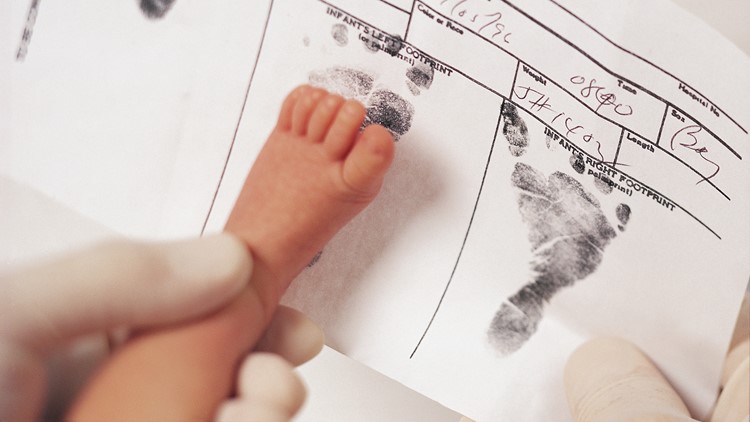WASHINGTON, D.C., USA — The Supreme Court of the United States rejected hearing a case from Indiana's attorney general to keep both members of same-sex couples from being listed as parents on their children's birth certificates.
Attorney General Curtis Hill had been looking for the court to reverse a federal appeals court ruling that allowed it. Hill's petition followed a January decision by the U.S. 7th Circuit Court of Appeals in a case that originally involved Ashlee and Ruby Henderson, a gay married couple from Lafayette who challenged Indiana’s birth records law. Other couples later joined the case.
In their federal suit, the Hendersons contended that leaving one mother’s name off the birth certificate presented legal issues when it came to health insurance coverage, who could speak for a child at a doctor’s appointment and enrolling in school. They argued that it was unfair to force one mother from a same-sex marriage to spend $4,000 to $5,000 to legally adopt the couple's child.
The Hendersons won their initial case in 2016. Seven additional couples joined the suit as plaintiffs after Indiana appealed up to the Chicago-based 7th Circuit, which ruled in January that under Indiana law, “a husband is presumed to be a child’s biological father, so that both spouses are listed as parents on the birth certificate and the child is deemed to be born in wedlock.”
“There’s no similar presumption with respect to an all-female married couple — or for that matter an all-male married couple,” the judges wrote, adding that requiring both women in a same sex marriage to be listed as parents would prevent any discrimination.
In his petition to the court, Hill argues that upholding that decision would violate common sense and throw into jeopardy parental rights based on biology.
“A birth mother’s wife will never be the biological father of the child, meaning that, whenever a birth-mother’s wife gains presumptive ‘parentage’ status, a biological father’s rights and obligations to the child have necessarily been undermined without proper adjudication,” Hill wrote.



